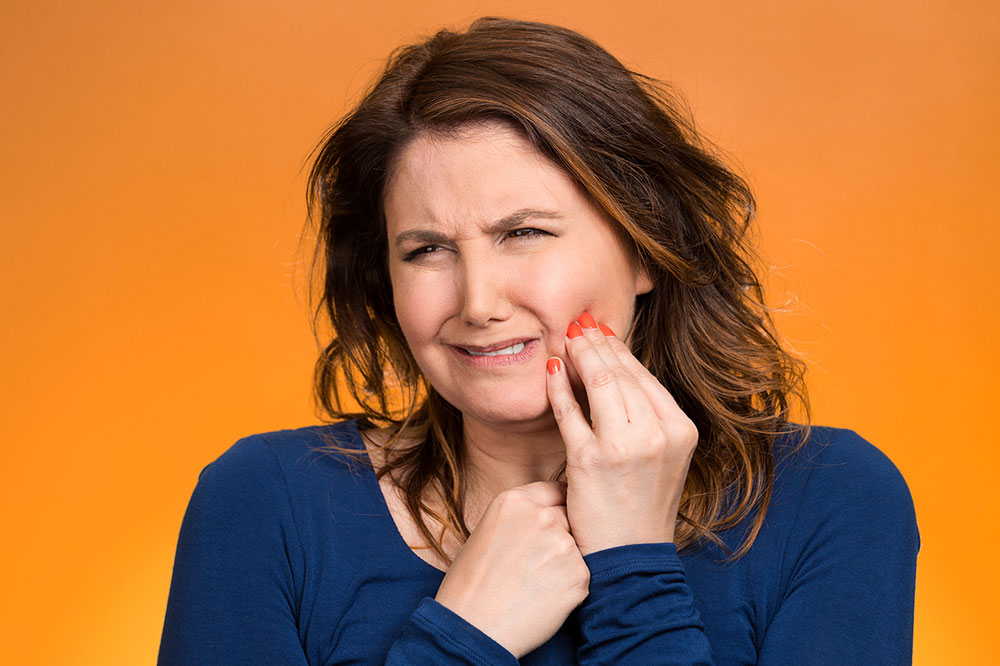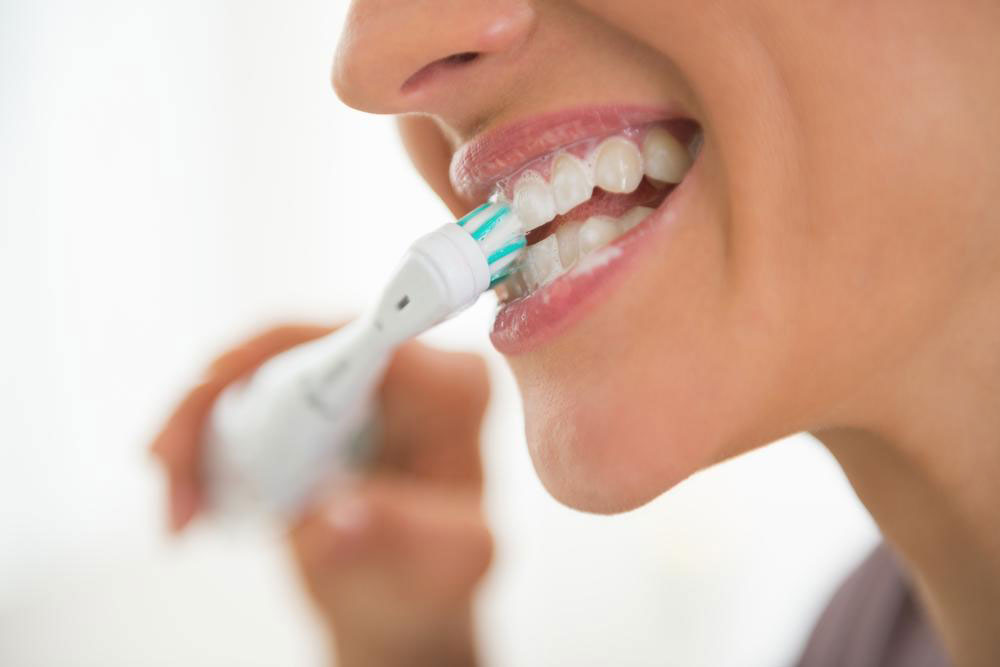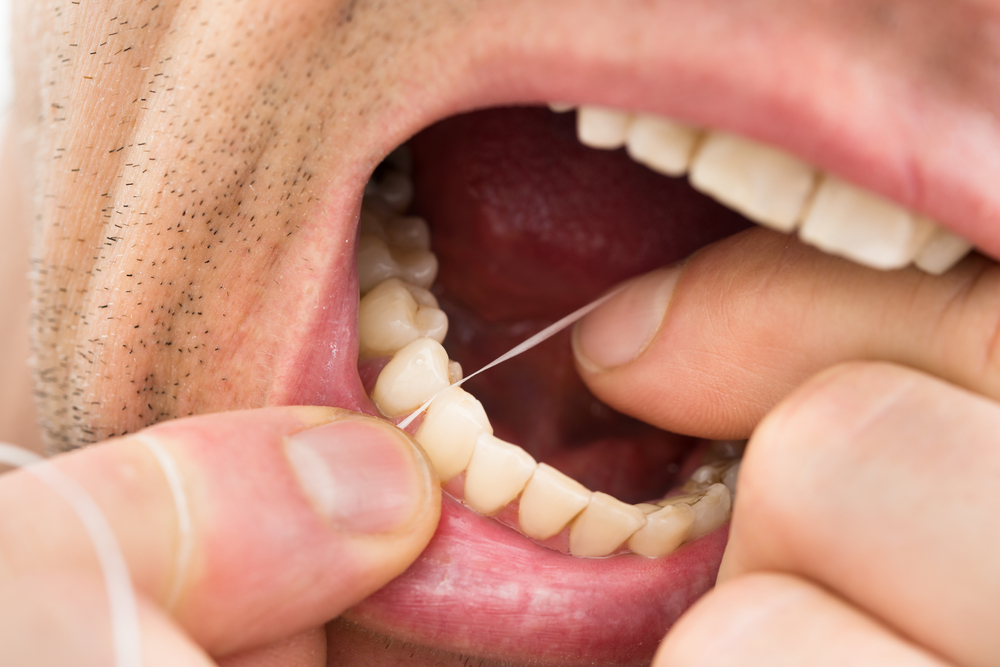Comprehensive Guide to Common Causes of Sores on the Side of Your Tongue
Sores on the sides of your tongue can be caused by various factors including smoking, medication reactions, trauma, infections, or food allergies. This comprehensive guide explains common causes, symptoms, and effective remedies. Understanding these causes helps in better management and prevention, ensuring lasting oral health. Seek professional care if sores persist or worsen to avoid complications and promote healing.

Understanding the Main Causes of Sores Appearing on the Sides of Your Tongue
The human tongue, though small in size, plays a crucial role in various daily functions such as speech, swallowing, and taste perception. Its health and appearance can often provide valuable insights into overall bodily health. While minor injuries or ulcers on the tongue may seem insignificant, they can cause considerable discomfort and may impact your quality of life. Sores located on the sides of the tongue are relatively common and can be caused by multiple factors. Recognizing the underlying cause is essential for effective treatment and relief. This comprehensive article delves into the most prevalent reasons behind these painful sores, offering insights into their causes, symptoms, and ways to manage or prevent them effectively.
Common Reasons Behind Sores on the Side of the Tongue
The appearance of sores or ulcers along the sides of the tongue can be alarming, but understanding the typical causes can help alleviate concern and guide appropriate treatment. Here are the primary factors that lead to sores on the lateral edges of the tongue:
Tobacco Use and Smoking:
One of the most significant contributors to oral sores is tobacco consumption. Smoking not only damages the lungs but also adversely affects the oral mucosa. The chemicals in cigarettes and other tobacco products can cause irritation and inflammation of the tissues in the mouth, especially on the tongue. Prolonged smoking may lead to chronic ulcers, blisters, or even precancerous lesions. Many individuals notice that quitting smoking often results in the healing of existing sores, although some cases might experience an initial worsening or discomfort during the withdrawal phase.
Medication Reactions:
Certain medications can trigger adverse reactions in the mouth, leading to the formation of sores or ulcers. Anti-inflammatory drugs, antibiotics, and some blood pressure medications are known to cause mucosal irritation. Additionally, some mouthwashes or dental hygiene products containing harsh chemicals or alcohol can irritate the delicate tissues on the tongue, resulting in blistering or soreness. Patients taking new medications should be aware of potential oral side effects and consult their healthcare provider if sores develop.
Trauma to the Tongue:
Accidental biting, biting on hard foods, or consuming very hot or spicy foods can cause localized injuries to the tongue. Such trauma often manifests as redness, swelling, and the formation of small blisters or ulcers. These injuries disturb the mucosal integrity and typically heal within a few days, provided there are no secondary infections. Protecting the tongue from hot foods and being cautious during eating can help prevent trauma-related sores.
Infections:
Various infections can result in sores or ulcers on the sides of the tongue. Viral infections like herpes simplex virus (HSV) lead to painful blisters and ulcers, often recurring in episodes. Fungal infections such as candidiasis can cause white patches and soreness, especially in immunocompromised individuals. Bacterial infections, though less common, can also cause localized ulcers. It’s essential to address the underlying infection with appropriate medications to promote healing and prevent further complications.
Food Allergies and Sensitivities:
Food allergies or sensitivities may trigger inflammation and soreness on the tongue, particularly along the sides where contact with allergenic foods persists. Common triggers include nuts, certain vegetables like carrots or tomatoes, and spicy foods. Symptoms can extend beyond soreness, including itching, swelling of the lips, or even difficulty swallowing in severe cases. Recognizing food triggers and avoiding them can significantly reduce the occurrence of sore spots.
Effective Home Remedies and When to Seek Medical Help
Most minor sores caused by trauma or minor irritations heal naturally within a few days to a week. However, persistent, severe, or recurrent sores may require professional medical evaluation. In the meantime, several home remedies can help alleviate pain and promote healing:
Saltwater Rinse:
Gently rinsing the mouth with a warm saltwater solution can reduce bacteria and soothe inflamed tissues. Mix a teaspoon of salt in a cup of warm water and swish for 30 seconds. Repeat several times daily for best results.
Honey:
Honey possesses natural antibacterial and anti-inflammatory properties. Applying a small amount directly to the sore can help in reducing pain and speeding up healing.
Aloe Vera:
Applying pure aloe vera gel on the sore provides cooling relief and promotes tissue repair. Use only edible, pure aloe vera gel to avoid irritation.
Avoid Irritants:
Stay away from spicy, acidic, or very hot foods that may aggravate the sore. Maintaining good oral hygiene and using gentle mouthwashes can prevent further irritation.
Medication and Professional Care:
If sores persist beyond two weeks, worsen, or are accompanied by other symptoms such as fever or difficulty swallowing, consult a healthcare provider or dentist. They might prescribe corticosteroids, topical anesthetics, or antibiotics depending on the cause.
Conclusion: Maintaining Oral Health to Prevent Tongue Sores
In conclusion, sores on the sides of the tongue are common and usually caused by factors such as tobacco use, medication reactions, trauma, infections, or food sensitivities. While minor sores often heal on their own, persistent or severe cases deserve medical attention. Proper oral hygiene, avoiding irritants, and addressing underlying health issues are crucial in preventing recurrent sores. If you experience frequent or stubborn tongue ulcers, consulting a healthcare professional ensures proper diagnosis and treatment, leading to improved oral comfort and overall health.





